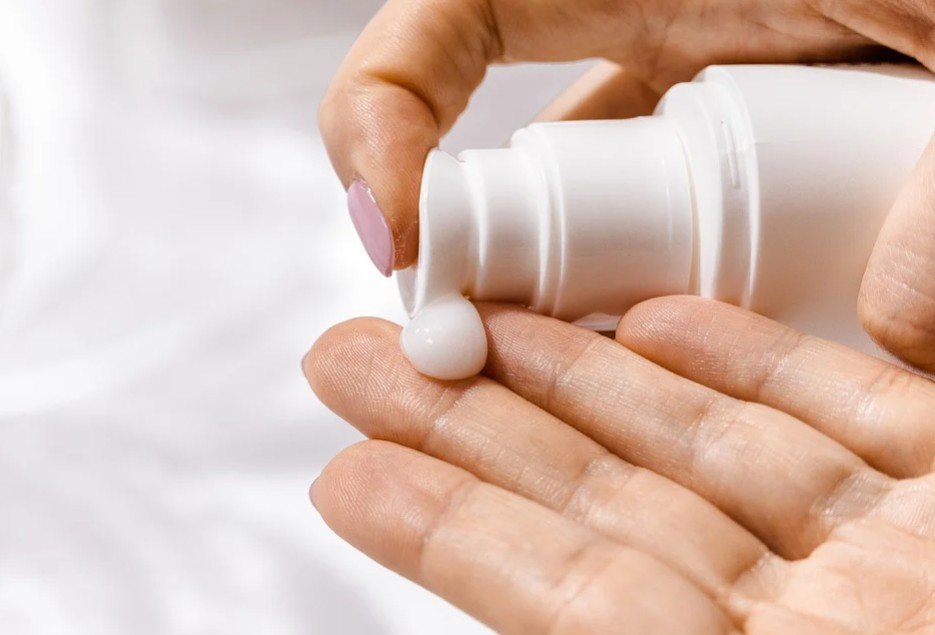Did you ever ponder how your skin reacts to the season changes? If yes, you may have probably noticed that your skin tends to get flakier and drier in the cold months of winter.
Dry indoor heat, cold air, and low humidity levels, along with the harsh weather, might eat up the moisture from your skin. Consequently, your skin might look a little less radiant than usual. Dryness is seen not only on your face but also on your feet, hands, along with the other body areas.
However, there are a few things that you can do to ensure that your skin looks healthy, even when there is a fall in the temperature.
Moisturize
Once you wash your body, hands, or face, your skin tends to lose its natural oils. As these oils are responsible for locking in the moisture, you need to replace the lost oils. Hence, it would be best if you moisturized every time you bathe, particularly during the colder months says Monika, a python coding tutor.
Alternatively, you can always have a moisturizer bottle in your washroom. So, right after you bathe, you can apply the moisturizer before wearing your clothes. Additionally, it would help if you always had a little travel-sized moisturizer with you on the go.
Make some dietary changes.
The reason for the dryness on your face or body may be deep-rooted. It means that because of the dearth of certain ingredients in your diet, your skin might end up looking poorly moisturized or hydrated. So, what should you do? Firstly, drink adequate water. It will help you stay hydrated all day long. If you do not consume sufficient fluids, your skin’s appearance might be badly affected.
More so, if your body is not hydrated, it will show on your skin. Besides consuming adequate water, you should also eat omega-3 fatty acids and foods rich in antioxidants. These nutrients shield your skin from external damage and make your skin and body healthy.
Make changes in your skincare routine.
If you feel that your facial skin is kind of irritated or sensitive because of the dry winter air, why not try simplifying the skincare routine? Please bear in mind that the skin’s moisture barrier must be healthy for it to respond nicely to the toners, serums, and any other kind of beauty treatment, states Michelle, who works with a platform that offers ‘accounting homework help’ services, and is also a renowned beauty blogger.
More so, if you have irritated skin, it is more sensitive to ingredients, such as alcohol and fragrances. It means that the products that may be good for your skin now irritate your skin.
Hence, it would be best if you tried to keep the skincare as basic as possible. You can use sunscreen and moisturizer in the morning, followed by a mild cleanser at night. Once you have attained a healthy skin’s moisture barrier, you can add other ingredients or skin treatments to your regime.
Add occlusives to your skincare regime
Emollients tend to repair and smoothen your skin barrier. However, if you feel the emollients are not healing your dry skin, you can add occlusive ingredients.
Some of the occlusive ingredients that you can consider adding to your regime are:
- Jojoba oil
- Rosehip oil
- Cocoa butter
- Shea butter
- Petroleum jelly-based products, such as Aquaphor or Vaseline
To incorporate these products into your skincare regime, you can apply them once or twice every day, right after you moisturize your skin.
Have a humidifier at your home or office
Humidifiers are perfect for adding moisture back into the air. This can be of immense help in colder months when the indoor heating may be a bit cranked up. When the air is moisturized, it can be an excellent natural moisturizer for your skin, comments Natasha, who offers assignment help Brisbane services. It can relieve your skin’s dryness and keep it more radiant.
Following a study by Harvard Health Publishing, a humidifier setting of 60% in the colder months can be adequate to hydrate your skin’s top layer.
Use sunscreen every day
A lot of people believe that during the colder winter months, the sun’s rays are not sharp, and so they can do without sunscreen. Well, if this sounds like you, you are absolutely wrong. Even during the winters, the UV light tends to stress your skin’s moisture barrier, which is important to keep your skin healthy and moisturized.
So, when you apply a generous layer of sunscreen, it tends to hydrate your skin. You must pick a sunscreen with at least SPF 30.
Reduce your bathing time
People usually prefer long showers in winters. However, these do more bad than good for your body and skin. Thus, you should strictly keep your shower time to less than ten minutes every day.
Also, when you shower, use tepid water instead of hot water. Tepid water tends to lock-in your skin’s natural oils.
Alternatively, you can even add two to three drops of milk or oil to the water to guard your skin’s natural oils and moisture.

